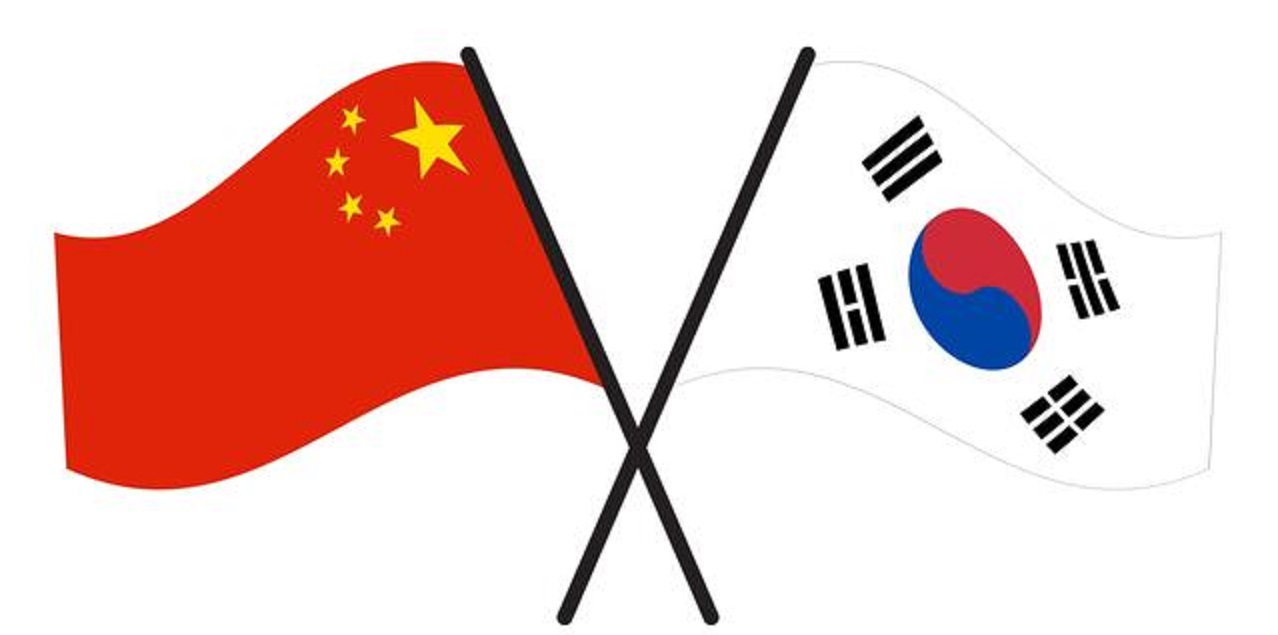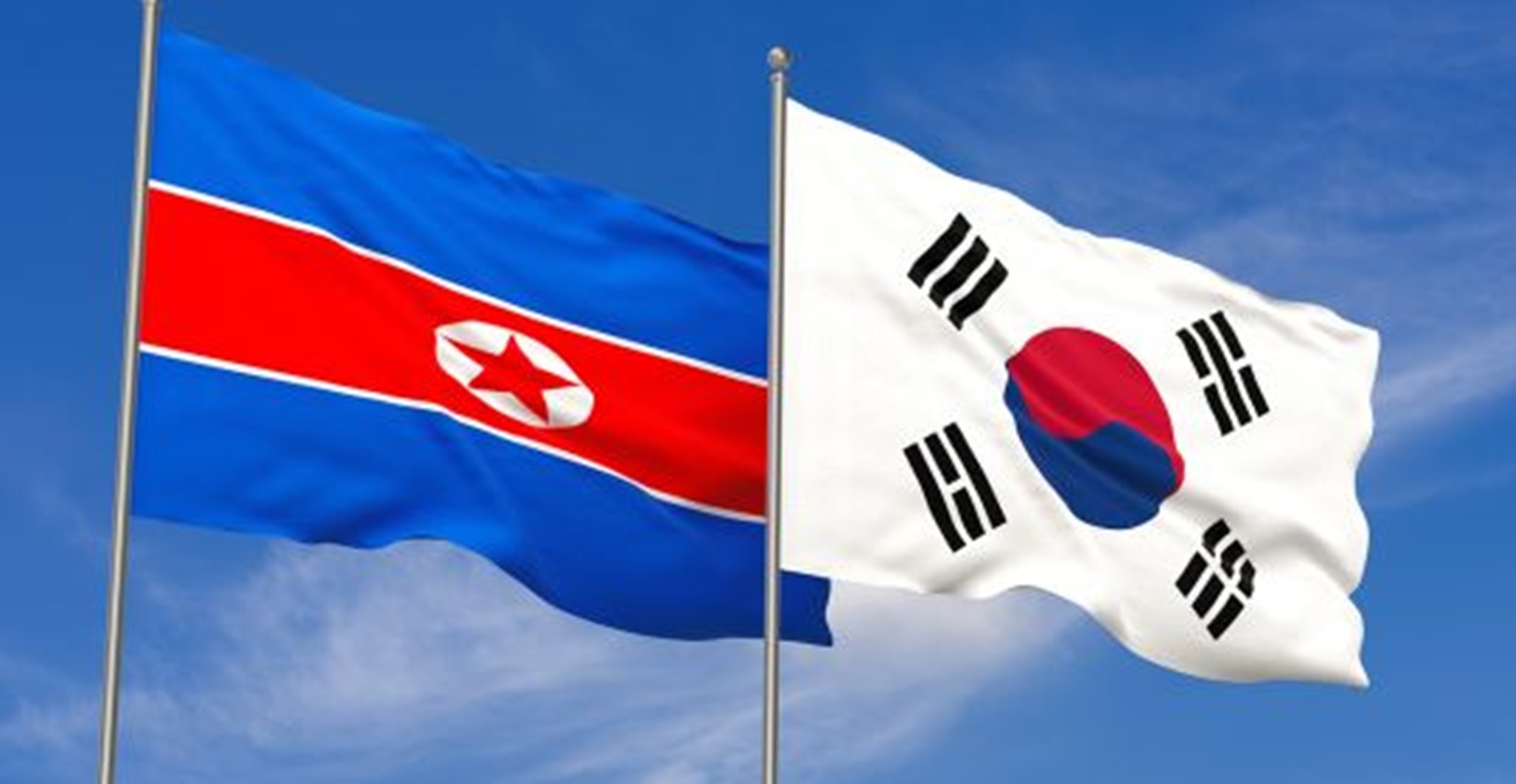China-Korea diplomatic relationship has a deeper association with their traditional culture, arts and music.
Relations between China and Korea date back to the erstwhile Chinese Empire and the Kingdom of Korea. Some phases of these relations allow us to understand the history of the Sino-Korean cultural connections. By understanding these age-old relations, we will be able to appreciate the contemporary relations between the two countries.
The Chinese Empire Archetypes
The Chinese Empire governs by three archetypes. An archetype is a way of governing, a principle. China understood that the changes in society had to be followed to govern it well. Here are the three archetypes :
- Tributary states: These are states that pay tribute to the emperor several times a year. These tributes can be done in a quarterly, or annual manner. Korean kingdom was a tributary state of China.
- The mandate of heaven: The principle that sanctifies the power of the Emperor of China. De facto it is named by the sky, so its power is indisputable. And his word wishes too.
- Loving the big ones, protecting the little ones: The minor kingdoms of China, had to help the Empire. On the agricultural, and military levels… to be protected if there was a conflict in the Empire.
This three-way of governing had changed and muted during the history of the Chinese Empire. But allow it to dominate all of Asia and other places.
In order to study the Sino-Korean relations during premodern Asia, it’s required to read and study the Empire Chronicles, for China, and the Joseon kingdom chronicles. They allow us to take a look at some key moments in the two nation history. If we take the example of the cultural diplomatic war between the two nations.
Important Episodes of Traditional China-Korea Relationship
During the reign of King Sejong (Joseon dynasty) of Korea, the king and his servant Maeng Sa-seon opinion were that Korean culture is really different from Chinese culture with respect to the language and the music. One of the highest servants of king Sejong, that was also a musician, Park Yeon didn’t agree with the King about music. Park Yeon, the servant of the king, followed Confucius’s principles, moreover, he used music to spread Confucianism in the Korean kingdom. This was to reform the Hyangak and jeongak (traditional Korean music). The central issue here is the purity of Korean music from the perspective of communism.
Park Yeon’s example is just one of many others. But the most blatant assault of the Ming dynasty (China) took place in the seventh year of King Sejong’s reign in 1424. The annals of the kingdom tell us about the event. The Ming dynasty could count on the Confederate scholars’ help. King Sejong on a trip to the country observed in person two Geishas (female entertainers) performing a Gokpamo performance. It is a very ancient dance that originated in China under the Tang dynasty (618 BCE to 907 BCE). The king gave the grand musical prize of the kingdom to the two Geishas. The course wondered, what were his Majesty’s motivations for giving this title to two Geishas who played an outdated dance and music style. They have remembered a style that has not been played for a long time and perpetuates the traditional Korean cultural heritage. As the year goes by, this Chinese style got mixed with Korean instruments. They say this musical score goes into the jeongak.
But let’s re-context the phase of history, in the time of the ruler Sejong most of jeongak’s partitions went back to what is known as folklore. The consequences are that the music was deliberately suppressed and they fall into oblivion. Korean classical music has been under three challenges.
The first is the Ming dynasty, which was gradually trying to distort the traditional culture of its investment tribes. The second vector of change is the number of people in the royal court who are confluent scholars. So they don’t like Yeaok. At one time, women were expelled from the palace and replaced with men.
Even so, King Sejong loved music. Park Yeon’s recording of an instrument was resumed one evening in the year 1432 and explained that his instrument was used to play Korean traditional music. The noble Confucianists around accused the king of lies. At the same time, the ruler announced the introduction of Aak music as the main music in his receptions, which doesn’t delight the noble people of the royal court of Korea.
Sima Qian’s compendium of the great historian allows us to understand the vision of music in pre-modern China. He describes a passage during the transition of the Shang and Zhou dynasty. Following an alteration by King Zhu of Wang, the music had become “obscene” indeed the king left the musicians free. They composed long pieces that “invited” the sexual desires of listeners. Chinese historian Sima Qian considered at this time that the mandate of heaven left the Shang dynasty and moved to the Zhou dynasty. King Wu of the Zhou dynasty, corrected this music immediately.
The Ming dynasty later expanded its land and was almost as large as modern China. The challenges in the Korean kingdom have been met because some music-loving kings have restored Korean traditional music.
Reorientation of Native Cultures
At present Communist China has deprived certain regions of their culture and past. Tibet is one of the many examples. Mass detention camps in the Xinjiang province witness forced labour, coerced sterilisation, and destruction of their culture and religious identity.
Another example is Manchuria, which was under the Japanese flag prior to the second world war. Manchuria was ruled by Emperor Pu Yi. Later Japan abdicated Manchuria. The communist regime gradually eradicated the Manchu traditions, clothing, writing and language too. But in recent material-seeking contexts, the modern Chinese administration is trying to rehabilitate the Manchu heritage to re-industrialize the region and exploit their soil.
China continues the tradition of influencing and meddling with the cultures and art forms of all the provinces and neighbours’ in the same way they did against Korea.
Disclaimer: The views and opinions expressed by the author do not necessarily reflect the views of the Government of India and Defence Research and Studies





